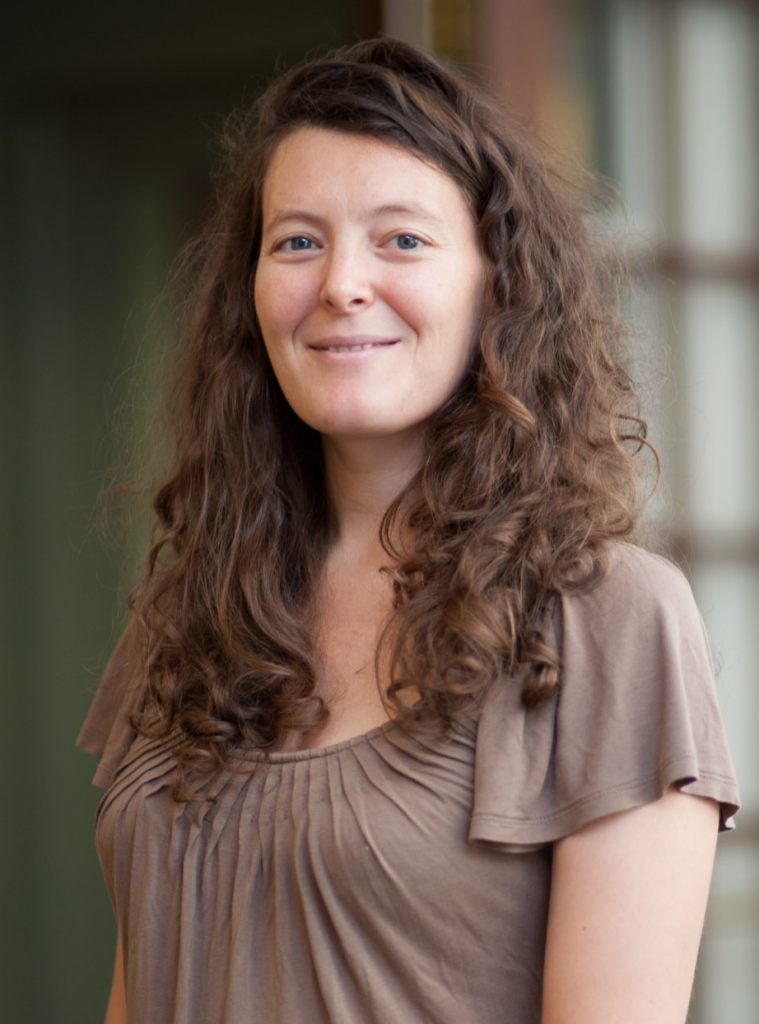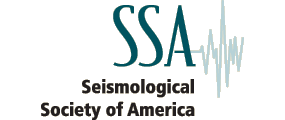
Issue SEVENTEEN: August 2020
View this in your Web Browser
Four Ways to Advance Your Career From Afar
Until we can meet in person, SSA is offering virtual meetings, trainings and mentoring sessions to support your work and advance earthquake science.
Submit a technical session for the virtual 2021 SSA Annual Meeting (19-23 April 2021). Organizing a technical session for the Annual Meeting is one of the best ways to learn more about seismology and connect with other scientists in your field. Submissions open 15 August. For more information, visit the Annual Meeting page, and see Issue Thirteen if you need a few tips to get started.
Get expert career advice. In our recent member survey you asked for more professional development opportunities, and SSA is delivering. Register today for an upcoming SSA Virtual Training, including “Bystander Training” (11 and 13 August), “How to Get a Job NOW: Strategies and Tactics to Advance Your Career” (25 August), “Cover Letters—Here’s How You Write Them” (22 September), “Virtual Interviewing and the Job Talk” (21 October) and “Banish Imposter Syndrome for Good!” (17 November).
Polish your proposal. Need help crafting your next grant proposal? The new SSA Connects virtual mentoring program is at your service. Experts Cindy Ebinger (Tulane University), Gabi Laske (University of California, San Diego) and Ben Mason (Oregon State University) will be ready to share their insight and answer your questions online on 18 August. Register today.
Receive feedback on your research. When the COVID-19 pandemic forced the postponement of our 2020 Seismic Tomography Meeting, SSA decided to keep the science going with a series of virtual technical sessions. Centered on the work of early-career researchers, the five new virtual sessions provide a chance to present your work and receive the feedback you need to continue it until we meet in person next year. The first virtual session takes place 6 October 2020. Look for more details later this month on the Seismic Tomography page.
Meet Marine Denolle
 Marine Denolle, assistant professor of Earth and planetary sciences at Harvard and recipient of SSA’s 2019 Charles F. Richter Early Career Award, shares her advice on finding mentors, navigating graduate school and scheduling Zoom calls.
Marine Denolle, assistant professor of Earth and planetary sciences at Harvard and recipient of SSA’s 2019 Charles F. Richter Early Career Award, shares her advice on finding mentors, navigating graduate school and scheduling Zoom calls.
How did you become interested in seismology and a career in the sciences?
I have always been fascinated by natural phenomena. In high school, it was mostly volcanic eruptions and the life of stars. I decided to get an engineering degree at first, mainly for career prospects. The desire to address the “why” instead of the “how” dragged me away from engineering and toward research. But when the Sumatra 2004 earthquake and tsunami hit, I decided to switch to Earth science.
What do graduate-level students need to know to succeed in a seismology career?
Science discovery is galvanized by the data revolution, and research ethics now requires more transparency and reproducibility. I recommend three specific skills. First, graduate students should seek the bold and ambitious research questions, which are the basis of our mission. Second, students should also learn how to harness information in large data sets from high-performance computing, a skill that is required to handle the data revolution. Third, graduate students should learn how to “clean up” codes and package them in order to reproduce their publication’s results. While this means a lot more work, it benefits both the authors and the readers.
Have you had any notable mentors in your career?
Yes! Having mentors has been an essential part of my career. They have helped me frame bold, hard and thus interesting scientific questions; they teach me how to carry scientific experiments; they point me toward and support my applications to all various stages of my career. Having mentors who advocate for you is essential today, and with a tight job market, I would say it makes the difference. I am mindful of the endless help I received and try to give it back to the new generation of students and postdocs.
What kind of advice would you give to someone looking for a mentor?
I recommend getting the perspective of mentors that are at various stages of their career: peer, postdoc, junior untenured faculty, tenured mid-career and senior faculty. This provides some short- and long-term perspective on research and career choices.
How important is it for researchers to seek out collaborations with researchers with different expertise?
This is quite important! Getting a sense of what is important in other fields, such as in climate sciences, hydrology or oceanography can provide a vital perspective of where science is going and where seismology can help. Another benefit to collaboration is that research practice and data sharing are not uniform across Earth science fields. We are fortunate in that respect because seismology is the leader in open data.
Do you have any tips for working from home during the pandemic?
Institute your own routine as a regular schedule. Walk or jog around the block every two to three hours to get the blood flowing and stretch the legs. Schedule 45-minute Zoom meetings versus one-hour ones to allow for 15-minute breaks. Upgrade your Wi-Fi, headphones and the coffee machine—it’s worth it.
Virtual Networking 101
Alaina G. Levine’s "Virtual Networking: How to Network and Find Collaborators from Afar," a guide to building mutually beneficial partnerships in the seismology community, frames networking as “an act of generosity,” one that should always start with the question “What can I do for you?”
The session, one of many SSA Virtual Trainings designed specifically for our student and early-career members, includes tips for making positive impressions with prospective employers and requesting informational interviews from SSA members.
Visit the Virtual Trainings page for recordings of Levine's sessions and to register for future trainings, and consider making a new connection within our community via the member roster today.
Stay Connected
Do you have your own networking tip or success story to share?
A career-related question we can answer in a future issue?
Email The Seismo-gram. We'd love to hear from you!

Albany, CA 94706-1375
United States
Email info@seismosoc.org
Call us: 510-525-5474
If you would like to unsubscribe click here.
.jpg)